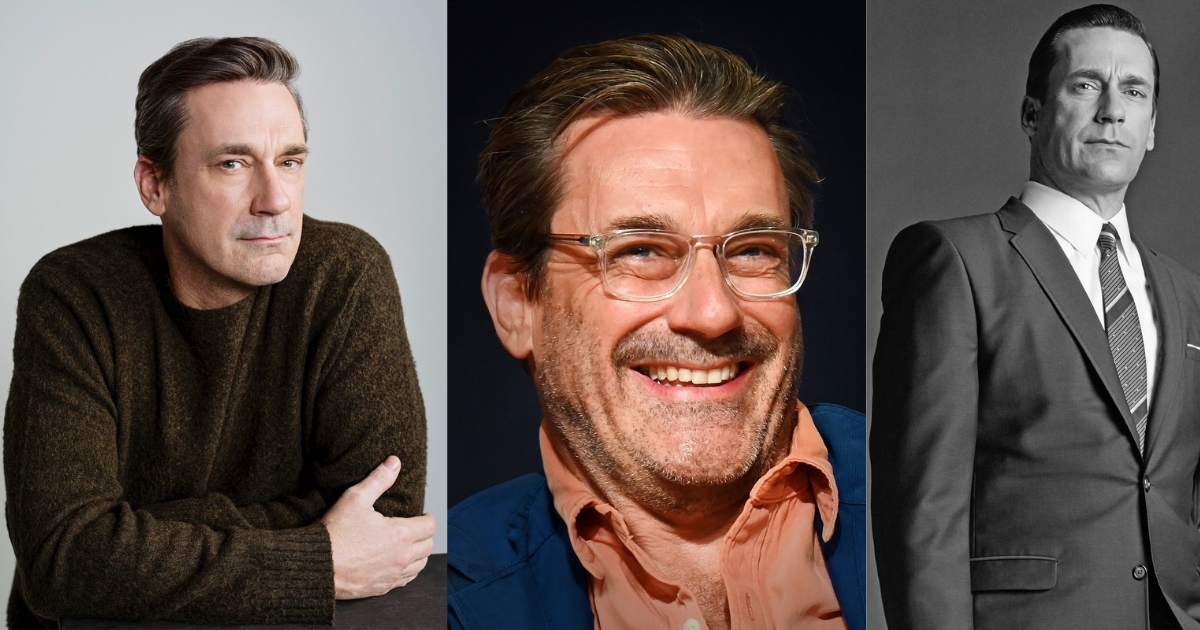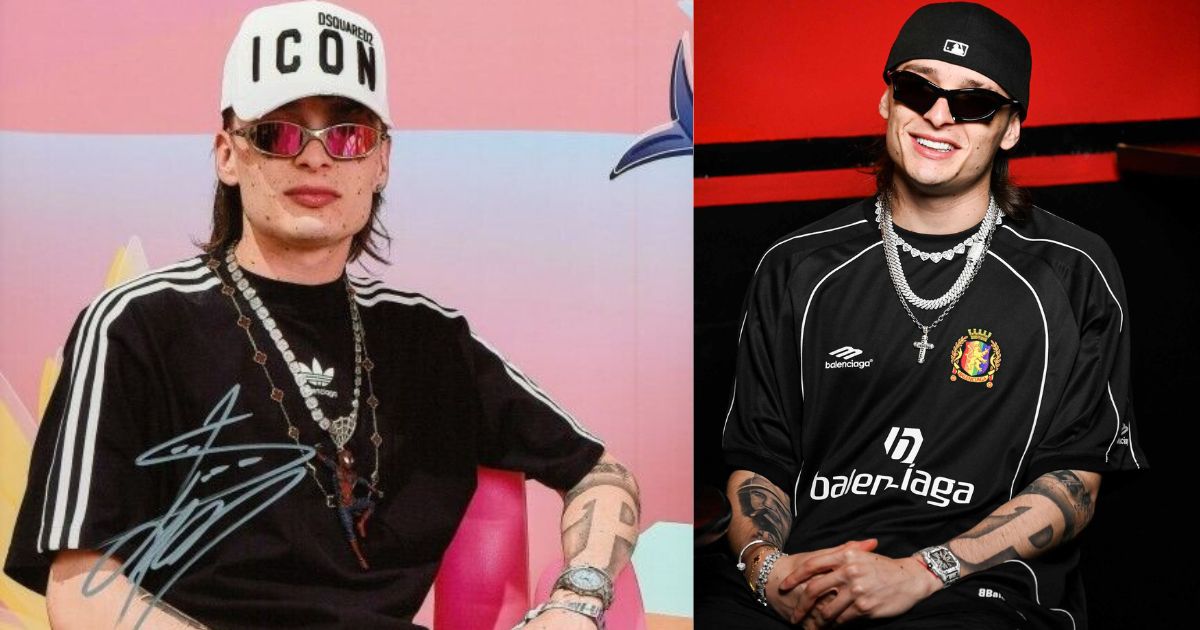The world of politics, media, and public commentary is no stranger to controversy, satire, and parody. One of the more unusual entries into recent discourse is the phrase “Horseshit Herschel”, which has gained attention across online platforms and alternative media circles. But what exactly does this phrase signify, and why has it been in the news lately? In this article, we dive into the context, controversies, and implications surrounding “Horseshit Herschel” while staying rooted in verified facts and public discourse.
Who Is Herschel?
To understand the phrase “Horseshit Herschel,” we need to examine its central figure—Herschel Walker. A former football star and businessman, Herschel Walker made headlines in the United States for entering politics and running as the Republican nominee for the U.S. Senate from Georgia in 2022.
Walker gained national fame in the 1980s as a Heisman Trophy-winning college football player and later played in the NFL. However, his transition from sports to politics wasn’t smooth. His campaign was riddled with controversies, fact-checking debacles, and heavily publicized interviews that often led to public scrutiny and memes.
For a detailed look into who Herschel Walker is, refer to Herschel (name) – Wikipedia.
The Origin of the Phrase “Horseshit Herschel”
The term “Horseshit Herschel” appears to have originated from political commentators and social media users critical of Walker’s public statements, many of which were factually incorrect or confusing. The phrase uses satirical alliteration to express frustration, disbelief, or disdain regarding some of his speeches or policy explanations.
Some speculate that the term gained momentum during a televised debate or radio segment where Walker gave an incoherent response, prompting media personalities to coin a dismissive nickname that soon trended across Twitter and Reddit.
Use in Political Satire
Political satire has long used exaggerated nicknames to ridicule public figures—think of “Tricky Dick” for Nixon or “Sleepy Joe” used against President Biden. In a similar vein, “Horseshit Herschel” became a weaponized phrase, used to highlight alleged misinformation, hypocrisy, or intellectual gaffes during his campaign trail.
This phrase wasn’t just used by comedians or YouTubers—it found its way into op-eds, podcast segments, and even protest signage.
Herschel Walker’s Public Gaffes and Controversies
To understand why such a phrase could gain traction, it’s important to acknowledge the numerous controversial moments in Walker’s campaign:
1. Confusing Statements
Walker’s explanations of climate change, healthcare, and law enforcement often made headlines—not because of their innovation, but due to their lack of clarity. For instance, his bizarre statement about clean air in China “moving over to our good air space” raised eyebrows.
2. Policy Flip-Flops
On several occasions, Walker appeared to contradict himself regarding abortion rights, mental health, and gun control. He once claimed to oppose abortion in all cases but was later accused of paying for one—further eroding his credibility.
3. Personal Scandals
Walker’s personal life also became a subject of intense media coverage, including alleged domestic abuse and estrangement from children he had not publicly acknowledged before the campaign. These revelations added fuel to the public’s skepticism.
Media Coverage and Online Reaction
Mainstream media outlets like CNN, The Guardian, and The Washington Post covered Walker’s campaign gaffes extensively. However, it was often the alternative media, Twitter users, and political bloggers who coined and popularized “Horseshit Herschel.”
Some progressive YouTube channels used the phrase in titles and thumbnails for comedic critique, while right-leaning platforms condemned it as an unfair personal attack.
Reddit communities, particularly r/PoliticalHumor and r/GeorgiaPolitics, documented instances where the nickname trended alongside viral video clips from his campaign.
Public Sentiment: A Nation Divided
Like most nicknames rooted in ridicule, “Horseshit Herschel” has a polarizing effect. Critics argue it’s a necessary form of accountability, holding a public figure to a higher standard of coherence and truthfulness. Supporters of Walker, however, claim it’s a smear tactic aimed at delegitimizing a conservative African-American candidate.
This polarization echoes broader U.S. political dynamics, where satire often becomes a stand-in for serious critique, and name-calling replaces policy discussion.
Is the Term Offensive or Fair Commentary?
Whether the term is offensive depends on perspective. From a journalistic standpoint, mainstream outlets avoid such language to maintain objectivity. However, freedom of expression allows individuals and comedians to use parody and satire as forms of political speech.
Legal experts point out that unless such terms incite violence or are used maliciously in defamation, they fall under First Amendment protection in the U.S.
Connection to Broader Trends in Politics
The rise of “Horseshit Herschel” is part of a larger trend in modern politics: the meme-ification of political figures. Social media thrives on catchy phrases, soundbites, and ridicule. Whether it’s “Covfefe,” “Basket of Deplorables,” or “Dark Brandon,” the digital age has turned slogans into political symbols.
Herschel Walker’s Response (or Lack Thereof)
Interestingly, Walker has not directly addressed the phrase “Horseshit Herschel.” During interviews, he’s mostly focused on policy messaging and religious values. His campaign has occasionally lashed out at what it called media bias, but there has been no official acknowledgment of the viral nickname.
Some analysts suggest that ignoring it might have been a strategic move to avoid giving it more traction.
Implications for Future Political Campaigns
The nickname has set a precedent for how modern campaigns are scrutinized not just by journalists but by internet users and meme-makers. It serves as a warning for future candidates: your public statements will be dissected, satirized, and immortalized online.
In some ways, “Horseshit Herschel” is a case study in how branding—positive or negative—can impact political viability in the digital age.
Conclusion: Beyond the Nickname
While the phrase “Horseshit Herschel” is attention-grabbing, it’s ultimately a symptom of deeper issues in political discourse—miscommunication, public accountability, and media influence. The nickname might fade, but the discussions it triggered about credibility, honesty, and political performance are likely to persist.
Whether one finds it funny or unfair, the phrase has become a part of recent American political culture. Its rise speaks volumes about the role of satire, the power of digital media, and the evolving nature of public critique in the 21st century.










